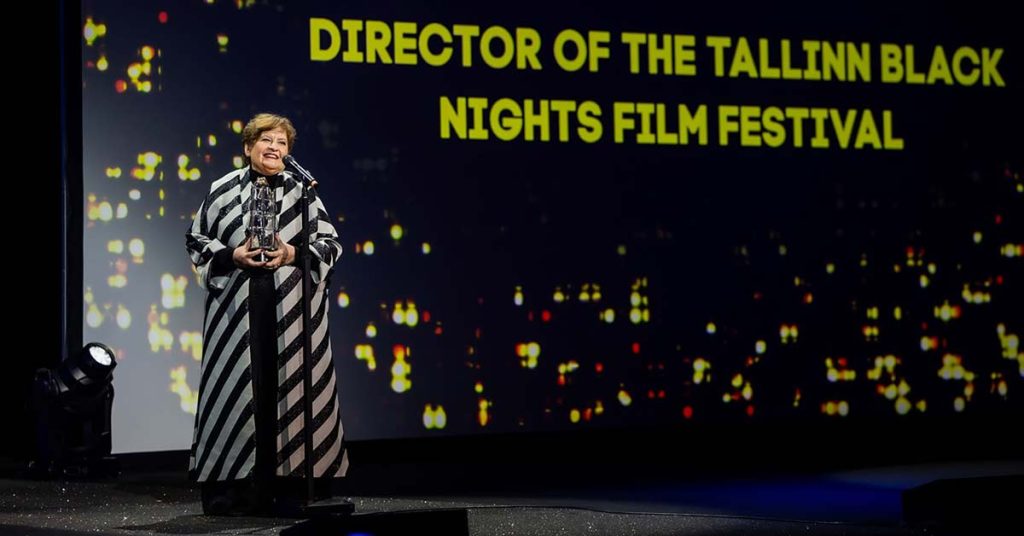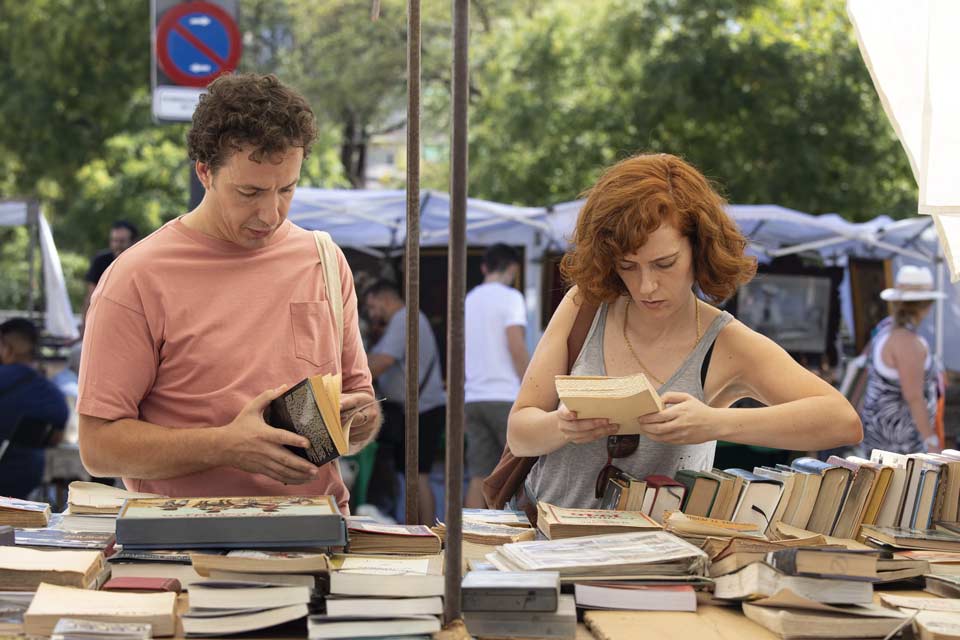
At a time when the cultural world is shaken by calls for boycotts and political divisions, the director of the Tallinn Black Nights Film Festival (PÖFF), Tiina Lokk, has spoken out in defense of dialogue and artistic independence. In an interview with The Hollywood Reporter, the festival’s founder insisted that cinema must remain a space for encounter, not censorship. “There are too many countries hating each other, trying to pressure festivals: ‘Don’t show this film,’ ‘Don’t invite that delegation.’ We try to stay free,” Lokk said.
PÖFF, which will celebrate its 29th edition from November 7 to 23, 2025, has chosen not to align itself with exclusion campaigns. Lokk defends programming that reflects the complexity of the modern world and that “keeps the doors of dialogue open.” The festival’s decision to include both Israeli and Palestinian films has sparked debate. Among the selected titles are Oxygen, by Netalie Braun, and The Sea, by Shai Carmeli-Pollak — two Israeli productions that, according to Lokk, “swim against the official current.” Also featured are Palestine 36, by Annemarie Jacir, and The Voice of Hind Rajab, a co-production between Tunisia and France. For the festival director, excluding films based on their national origin would be a betrayal of the spirit of art. “I always want to give a voice to those who have something to tell us and who are fighting for human and democratic values,” she told THR. “Cinema can show the wounds of the world, but it can also build bridges between its divided sides.”
However, the festival’s stance has also stirred controversy. While Lokk publicly champions openness and dialogue, PÖFF itself enforces a rule that limits the participation of Russian films. According to its official regulations, the festival only accepts works “produced without the financial support of the government of the Russian Federation or businesses tax-resident in that country,” and excludes films from state film schools, which are considered government-funded institutions. In practice, this means that only independent productions or works by Russian filmmakers in exile are eligible. For some critics, the rule functions as a veiled form of political boycott, seemingly at odds with the neutrality Lokk promotes. Others, however, see it as a consistent position within the current European context — one that seeks to distance itself from the Kremlin’s propaganda machinery, especially given the historical tensions and shared past between Russia and Estonia.
The debate over boycotts has transcended the artistic sphere and reached social media, where some users have questioned the inclusion of Israeli films in the lineup. Lokk, however, insists that the festival’s independence is essential: “My independence in programming is also the independence of the festival. Only that way can we discover new voices.” This year, the festival also launches a competition dedicated exclusively to Baltic documentaries, reflecting the growth of regional production. The stance is not without risk, but Lokk trusts in the transformative power of art: “Cinema should not be used to divide — it should help people start talking to each other again.”

Suscríbete ahora y obtén acceso ilimitado a Caligari / Subscribe now and get unlimited access to Caligari